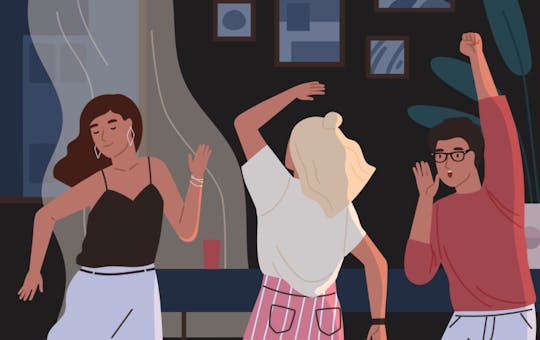Marginalized groups
Marginalization occurs when a person or group of people has a harder time doing certain things in society or has more difficulty accessing basic services or other opportunities.
Immigrants
Residents of Iceland who were born abroad, regardless of their citizenship, are called immigrants. That concept also encompasses refugees and people who have a foreign parent or parents, as well as migrant workers – workers who move between places where work is offered.
In 2022, 14,6% of residents in Iceland were foreign citizens.
In 2022, 20,5% of Reykjavík residents were foreign citizens.
Refugees
Refugee is an umbrella term that encompasses individuals who have been granted a recognized status as refugees according to international agreements.
The United Nations Refugee Convention and its protocol define and ensure the rights of refugees.
The Foreign Nationals Act nr. 80/2016 defines a refugee as “a foreign national who is outside their home country or a stateless person outside the country where they had regular residence.”
Quota refugees
Quota refugees are individuals who have received an invitation to come to Iceland from the Icelandic government.
In recent years, the Icelandic government has invited quota refugees from Syria and Afghanistan, for example.
Applicants for international protection (asylum seekers)
Applicants for international protection are individuals who come to Iceland on their own initiative.
The matter of applicants for international protection is in the hands of the Directorate of Immigration, which processes the applications.
The Dublin Regulation: If an applicant has previously applied for protection in another country, Iceland is not required to process the case and can reject the application on that basis.
